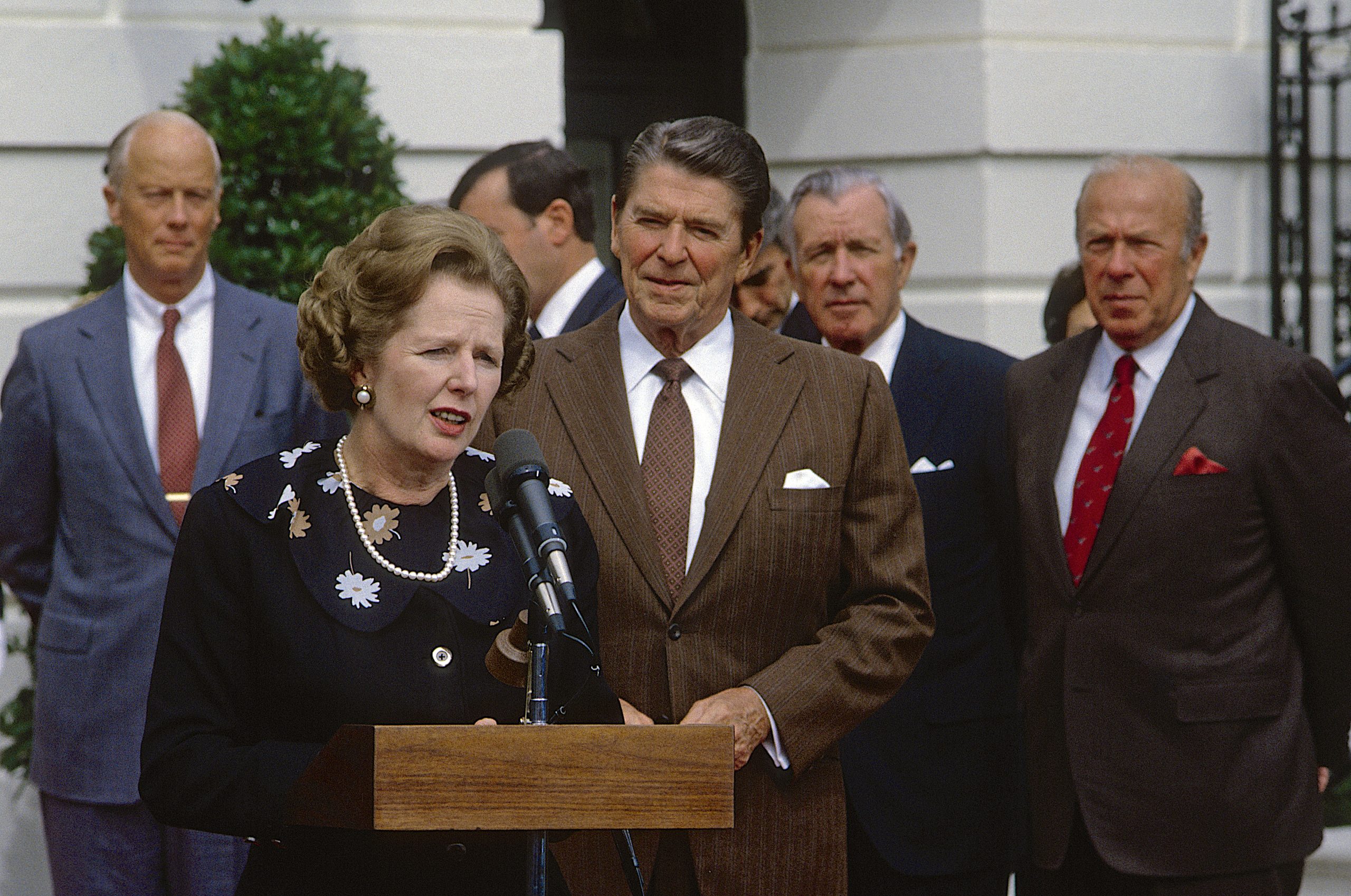Kigali Amendment Reaches Needed Ratifications in Run Up to Montreal Protocol’s 30th Anniversary Meeting Next Week

Eliminating warming from HFCs will be single biggest climate mitigation success to date, avoiding up to 0.5°C of warming by end of century, and more from energy efficiency gains
17 November 2017, Washington, DC – In the run up to the Montreal Protocol’s 30th anniversary Meeting of the Parties in Montreal next week, this afternoon Sweden became the 20th Party to deposit its instrument of ratification to the Kigali Amendment, which ensures that the amendment will enter into force 1 January 2019. The amendment will eliminate warming from HFCs —one of the six main greenhouse gases. Many other Parties are poised to complete their own ratification shortly.
The Kigali Amendment was agreed at last year’s Meeting of Parties in Kigali, Rwanda, and will avoid the equivalent of up to 90 billion tons of CO2 by 2050, and up to 0.5°C of warming by 2100, making it perhaps the single most significant contribution to keeping warming well below 2°C above pre-industrial levels, aiming for the still safer 1.5°C.
The HFC phasedown will also catalyze improvement of the energy efficiency of air conditioners, refrigerators, and other products and equipment that use HFCs as refrigerants. This will avoid significant CO2 emissions from the power plants that provide the electricity to run these products and equipment, equal to the production from nearly 1,600 medium-sized (500 MW) peak-load power plants by 2030, and up to 2,500 power plants by 2050.
Like all control measures under the Montreal Protocol, the Kigali Amendment imposes mandatory obligations on all Parties, backed up with a comprehensive compliance regime, including trade measures. This, together with a dedicated funding mechanism to provide agreed incremental costs for the least developed Parties, has helped the Montreal Protocol achieve near perfect compliance in its past phaseouts of nearly 100 chemicals and ozone-depleting substances.
At next week’s meeting the Parties are also expected to agree on the three-year replenishment for the Protocol’s Multilateral Fund to ensure the continuing compliance. During this week’s Executive Committee Meeting of the Multilateral Fund, the Parties, including the US, announced their contributions to the “fast start” fund, set up just before the Kigali Amendment to ensure its fast implementation. Private donors also set up a separate $50 million fund to focus on energy efficiency.
With the world already at 1°C above pre-industrial levels, and with current emissions almost certainly committed to 1.5°C, it is essential for climate safety to reduce not only HFC’s but also the other short-lived climate pollutants- black carbon, methane, and tropospheric ozone. Fast mitigation of all SLCPs can avoid up to 0.6°C of warming by 2050, avoiding two to six times more warming than an aggressive CO2 mitigation strategy.
As analyzed by the Well Under 2 Degrees Celsius: Fast Action Policies to Protect People and the Planet from Extreme Climate Change report, authored by a team of 33 prominent scientists and policy experts, and the peer-reviewed companion paper, Well Below 2°C: Mitigation strategies for avoiding dangerous to catastrophic climate changes, authored by Xu & Ramanathan in the Proceedings of the National Academy of Science (PNAS), fast mitigation of short-lived climate pollutants, including the Kigali Amendment, is one of the three indispensable policy levers available to limit global temperature rise to well under 2°C.
The other two levers are first, reducing CO2 emissions through clean energy and efficiency, and second, developing technologies at scale to control CO2 after it has been emitted, including capture at the smokestack, utilization, and storage, as well as removal of CO2 from the ambient atmosphere.
“With the wolf of climate impacts at our door, time for our counter-offensive is short,” said Durwood Zaelke, President of the Institute for Governance & Sustainable Development. “Despite important actions at local, state and national levels, ultimately the battle for climate protection will be won or lost at the international level. The 30 years of success of the Montreal Protocol should inspire us to take still stronger actions, and to use additional tailor-made agreements to address specific business sector emissions, with the full engagement of industry,” he added.
The Montreal Protocol was successfully concluded in 1987 with leadership from the United States, under President Ronald Reagan, and the United Kingdom, under Prime Minister Margaret Thatcher. The joint 11th Conference of the Parties to the Vienna Convention and 29th Meeting of the Parties to the Montreal Protocol will be hosted at the ICAO Headquarters, Montreal, Canada from 20 to 24th November.
For further information, see IGSD’s HFC Primer & Energy Efficiency Primer